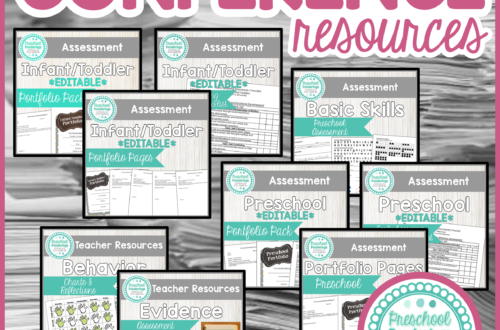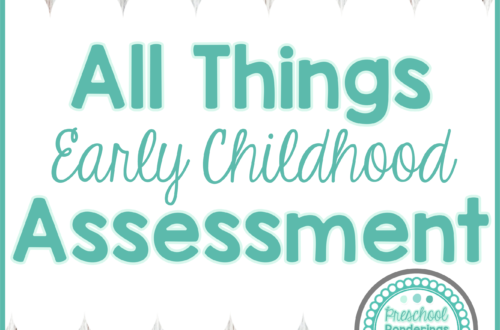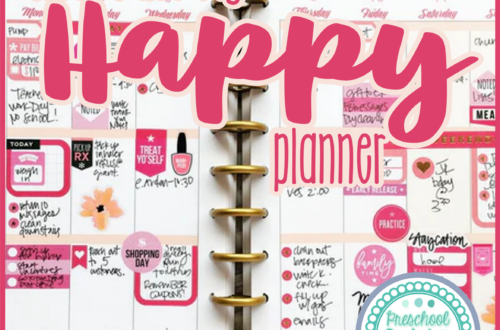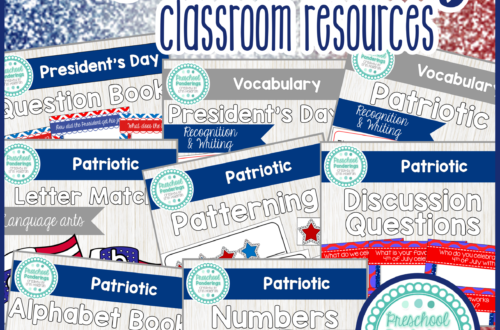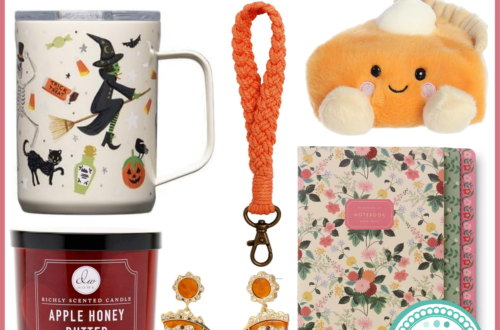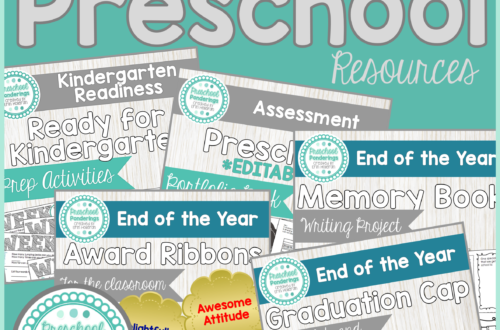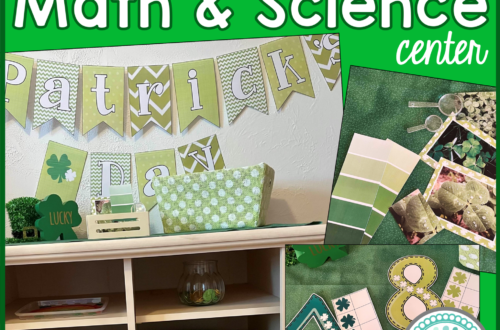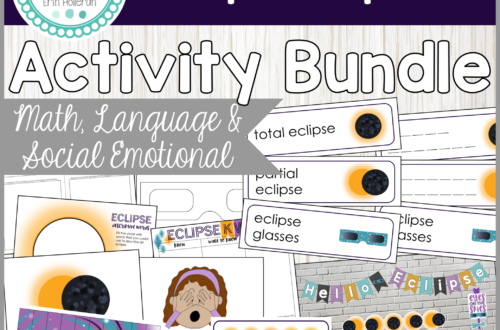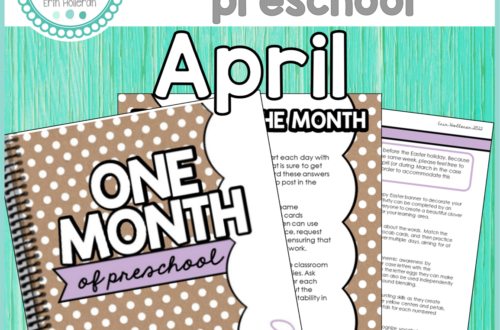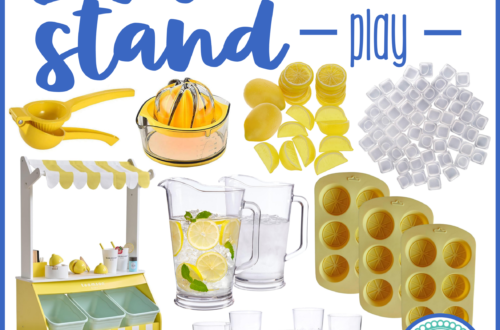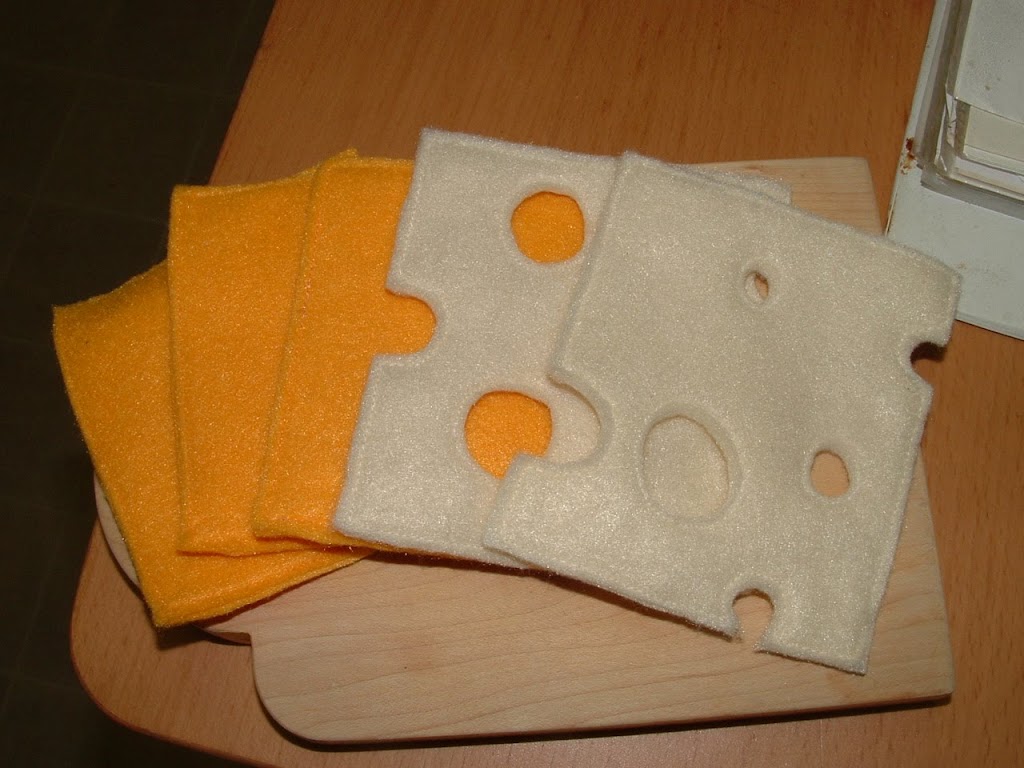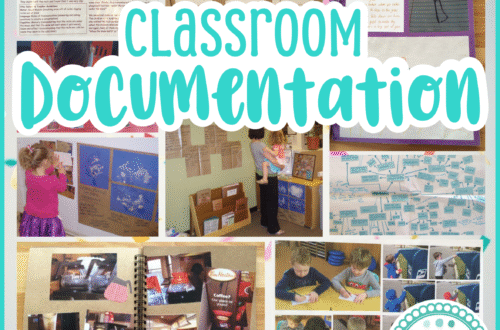Reggio
-
3 Things that have changed the way I teach preschool
After teaching toddlers and preschoolers for nearly 10 years, I finally took the time to put all of the things I had learned into 3 different products. These products incorporate all that I have learned from great mentors, as well as lessons that I had to learn myself. Teaching is a journey, and all of us who’ve experienced it have something to share. That’s why it was so important for me to share my insights with all of you. Here are the three products that have given my teaching purpose and direction: Preschool Portfolio Pack: I’ve used similar portfolios and checklists for years, but they’ve never been designed to work…
-
Lesson planning with an emergent curriculum
Earlier this week I posted free lesson plan templates. One of the questions that I used to ask the most was “How are you supposed to plan ahead when you are implementing an emergent curriculum?!” I like to think of my lesson plan as a flexible outline. When I sit down to write my lesson plan, I start with the activities that I know the children want to explore – these are the experiences that support what I’ve been observing in the classroom. They’re related to the conversations I’ve heard and the questions that the children have been asking. They may use materials that the children have shown a particular…
-
Ideas for Observing Trees with Preschoolers
Trees offer great opportunities for seasonal observations because; They are readily available and can often be observed from inside the classroom simply by looking out the window. They offer obvious visual examples of seasonal changes. They can easily be revisited over an extended period of time. Observing trees is completely free. Start your observations by having your class help choose a tree that they want to make “their tree.” Check on the tree every couple of weeks. During some points throughout the year the changes will happen more rapidly, revisit the tree more often during these periods. As you engage the children in observations, consider doing some of these activities:…
-
Informal assessments: What do your students know?
Before you can start any kind of project or theme exploration it is important to know what your students already understand about that particular topic. You don’t want to teach them things they already know, but you do want to be able to build upon the current knowledge and understanding. So how do you find this information out? There are a number of strategies that you can use, and all are considered informal assessment. Ask them. This seems really simple, but, have you ever gone up to a preschooler and said “What do you know about the farm?” You probably get a blank stare, not because they don’t know anything,…
-
Making time for conscious observation during the day
Preschool teachers spend all day making observations. We do it so regularly that we might not even realize that we’re taking all of those mental notes. We’ve trained our selves to recognize fine motor milestones, social emotional experiences, and scientific inquiry throughout the day, but do you ever take the time to just sit and watch your students as they play? I mean, without considering assessments and portfolios, just to watch the children as they play? There are so many things that you can observe when you remove yourself from their conversations and interactions. Taking time to sit by yourself and just observe is incredibly valuable. It can give you…
-
Ideas for classroom centers
Are you setting up your activity centers and interest areas for a new group of kiddos? Here are some great ideas from previous posts; Reggio Inspired Dramatic Play Centers Reggio Inspired Science Centers Reggio Inspired Writing Centers Reggio Inspired Math Centers For more great ideas, check out my Preschool Pin Boards!
-
Reggio-Inspired Standards-Based Preschool Curriculum
I have always been inspired by the Reggio Emilia Philosophy (here are some of my Reggio posts), it has transformed the way I teach, and shown me that I can learn as much from my students as they can from me. The one issue that I’ve always had with the Reggio Philosophy is that there is not a written curriculum, which in our state is needed for our Quality Improvement Rating program. So, I did what I always do, I made on myself. This is one of the biggest projects that I have ever taken on, and let me tell you, this thing is comprehensive! I call it Inspire, because…
-
Explaining Reggio Emilia
I’ve been teaching young children using guidance from Reggio Emilia for 6 years, so it is second nature to me. This can make it a little hard to explain, because I don’t always think about what I’m doing or why I’m doing it, I just do it. I found this quote from Carlina Rinaldi, the President of Reggio Children, and I think it perfectly explains the philosophy in a way that is short, sweet, and easy to understand. This speaks to every tenet of the philosophy because it recognizes that the process is always more important than the outcome. It also speaks to giving value to the thoughts and ideas…
-
Reggio Inspired Dramatic Play Centers
A couple of weeks ago I gathered photos of some incredible Reggio-inspired Math and Writing centers to share with you. These have been some of the most popular posts that I’ve done, so I thought I would do a few more centers this week. I shared some incredible science centers, today I want to show you some inspiring dramatic play centers. My students favorite materials to use in the dramatic play space are; Any kind of costume Authentic items related to the play topic (old cameras, real stethoscopes, old cell phones, hair dryers, bakery boxes, etc.) Related printables, such as pretend library cards, shopping lists, airline tickets, recipe cards, etc. There are a few…
-
Reggio Inspired Science Centers
A couple of weeks ago I gathered photos of some incredible Reggio-inspired Math and Writing centers to share with you. These have been some of the most popular posts that I’ve done, so I thought I would do a few more centers this week. When it comes to the science center, my students especially love the following science-related materials: Authentic science tools (magnifying glasses, specimen jars, microscopes and slides, etc.) Mirrors and prisms Flashlights Binoculars I also like to include some of the following materials: Clipboards with paper or notebooks where they can record their findings Photographs related to topics of interest (like close ups of snowflakes or photos of…
